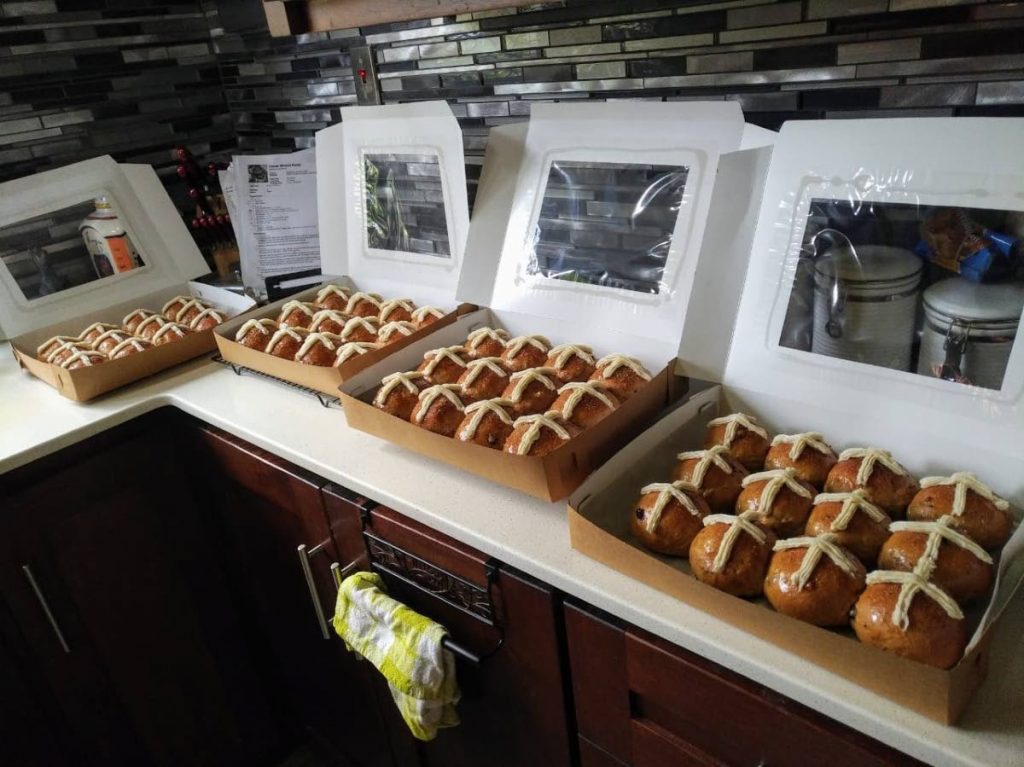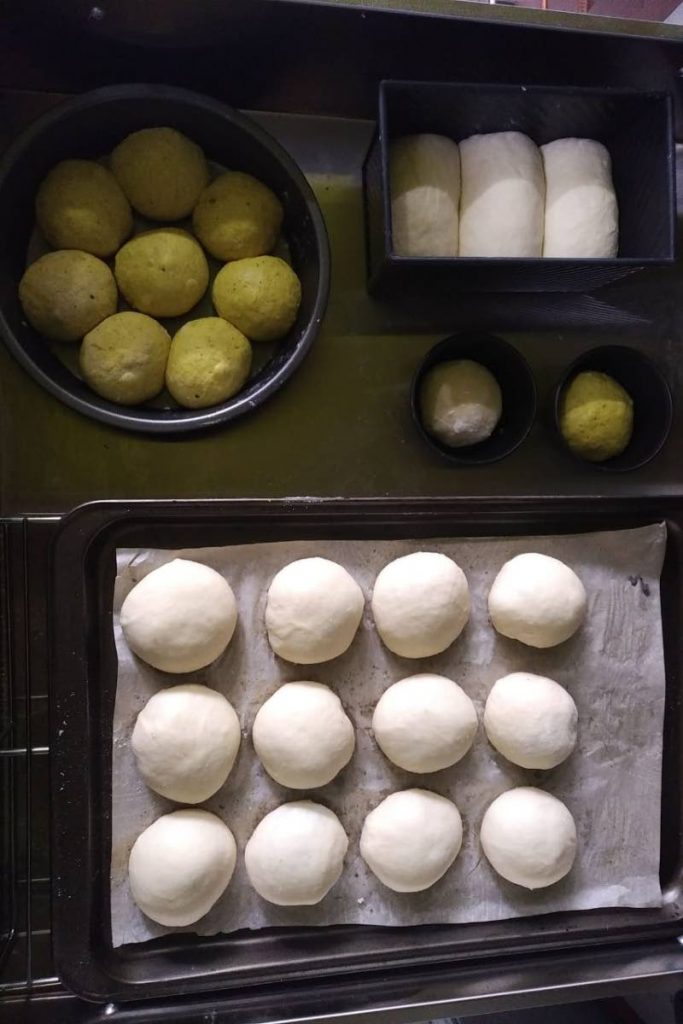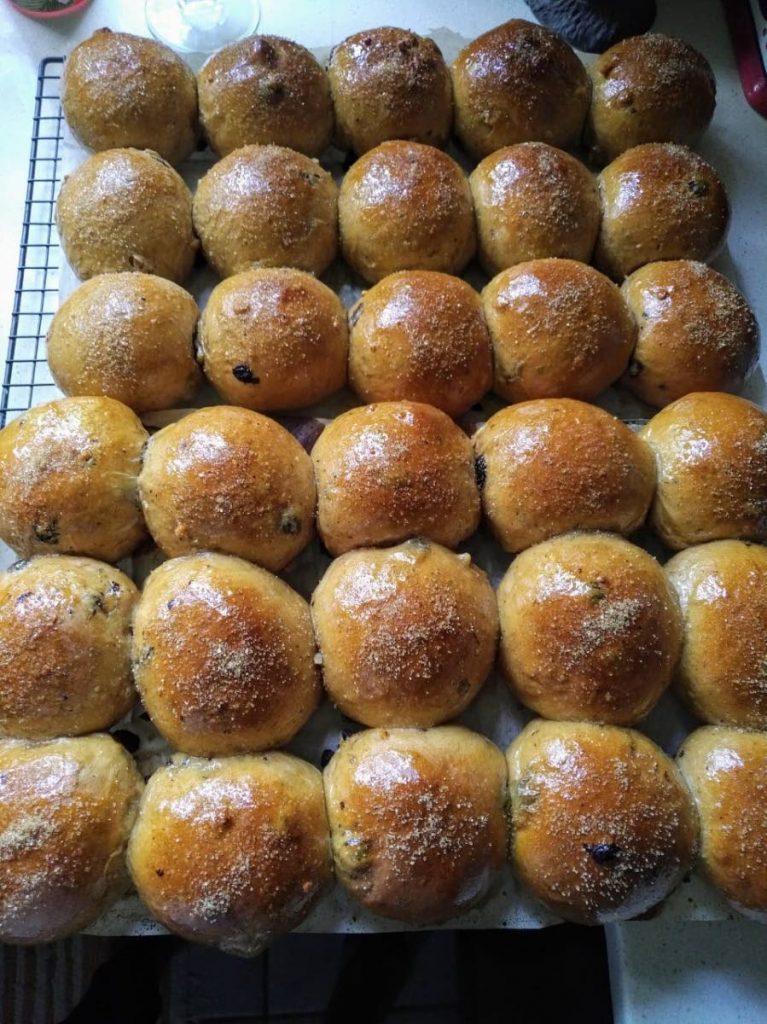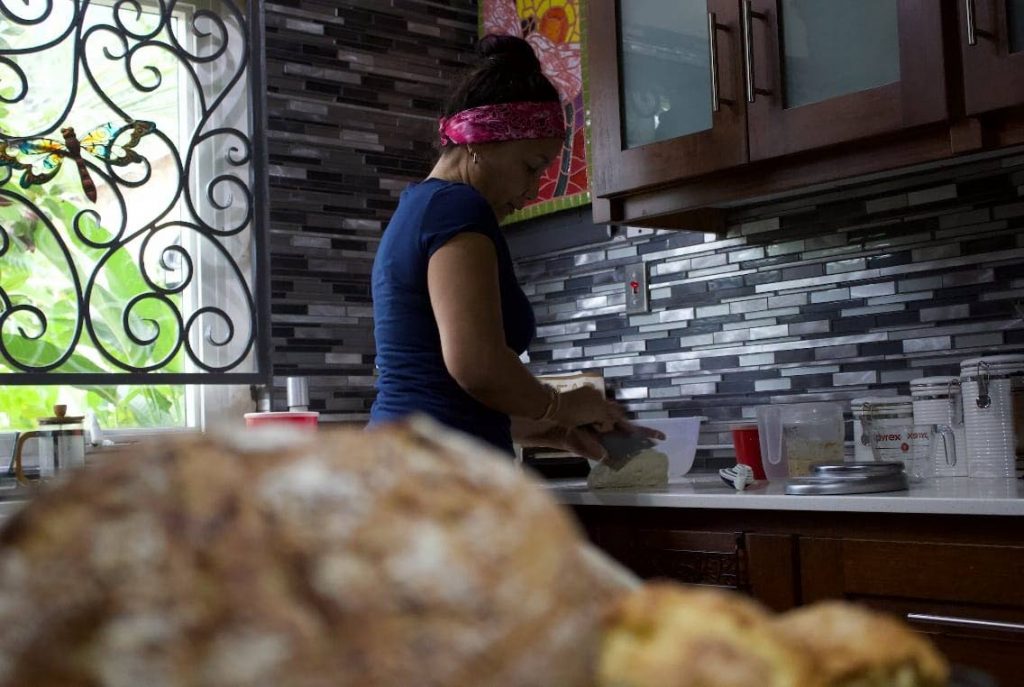Chalet Bakehouse: bringing back real bread

Lisa Williams didn’t exactly plan on being a baker. It’s in her blood to be sure – her late father owned a bakery in her hometown of Arima. But the real catalyst for her to start her own micro-bakery, Chalet Bakehouse, was to show her cousin what real bread was supposed to taste like.
“(My cousin) bought some ciabatta from a popular bakery here in Port of Spain, and I took one bite and said, 'Nah, that’s not real ciabatta. Let me show you what it’s supposed to taste like,'” she told Business Day.
That reignited her passion for baking that had laid dormant since 2010, when she attended a specialty course at the French Culinary Institute in New York. “I had initially done the course for breads and pastries because the plan was to open a café when I retired and I thought this would be a nice complement. I signed up and there was an artisan bread element to it, which I loved. Now I had this skill in my back pocket that I could use whenever I needed it.”

She didn’t start baking right away, but after the success of her real ciabatta – a crusty Italian bread popular with panini sandwiches– she pulled that skill out her pocket and started baking more for friends and family. It was more of a hobby, but eventually, she decided to charge, at least to recoup the cost of ingredients. Last May, she worked up a feasibility study based on a business model she adapted from micro-bakeries she worked with in the UK, and decided to develop the concept here in TT. “And we’ll see how it goes from there.”
Her specialty is sourdough loaves. She also makes traditional English scones, focaccia and sweet buns – including her spin on hot cross buns. She’s a small-batch baker, and she’s very particular about her output: she’s preferred to turn away orders than compromise on the quality of her goods. Most of her orders come via social media or her website, www.chaletbakehouse.com, and sometimes she’ll bake some extra to have on hand for those impulse buyers. But since she doesn’t have the scale of a large commercial bakery, she paces herself and through trial and error, and knows just what her limits are to ensure her standards remain high. Williams does deliver to customers in the Port of Spain/Maraval areas but most people collect directly from her.

Another thing she tries not to compromise on is ingredients. Williams trained with other micro-bakeries in the UK and a lot of her experience focused on natural, organic ingredients – something she tries to adhere to back home, although she does admit the variety of grains in Europe is significantly more than at home, which is something she misses. She’s also keen on adapting, doing her own test kitchen experiments to add some local flair to her products. In particular, she’s been researching hops. Long a TT staple, she finds today’s hops bread are mass produced, lacking flavour and definition. So, she’s been on a quest to recreate the original recipe, which, she’s discovered, includes actual hops – a plant that’s most commonly associated with brewing beer – as a brewing agent. The recipe also calls for baking in fig leaves. “I suspect the original dough was very soft or wet, which is why you ended up with that bread that was crusty on the outside and soft on the inside as the moisture escaped.”
Her hot cross buns are another adaptation, this time of one of her father’s recipe’s. “He would make these raisin buns, but he’d use food colouring and barely used any raisins or spices. It was a very basic recipe but I’ve used it to springboard mine.” She replaced the artificial colouring with molasses, added eggs and even uses a tea infusion to flavour her fruits. They’re topped with a cardamom-cream cheese frosting. And they’re popular. “I’ve had 24 dozen orders just for Easter but that’s spread over the course of the week.”

Back to basics
So, what is it about artisan bread that’s so special? Williams is a proud supporter of the real bread campaign, a global community that seeks to encourage people to embrace traditionally made bread, without fillers and preservatives and modern additives like commercial quick rise yeast or artificial colouring.
“I don’t know if people understand it or realise if there’s a difference and there are a lot of bakeries bandying about ‘real bread’ but the philosophy behind it is truth in labelling. There are certain standards for something to be whole wheat or whole grain, or even sourdough. A trend now in commercial bread is ‘sour faux’ where it’s not sourdough at all but a flavouring to make it taste that way.”
For most of human history, traditional bread was sourdough, made from a “starter” of flour and water left to ferment naturally using the wild yeast and bacteria in the air. It’s a lot more complicated, for sure, than baker’s yeast, but the fermentation process actually helps make the bread easier to digest. It’s denser and crustier than regular store-bought sliced bread but there’s a rich, earth depth of flavour.
“I have a handful of customers who keep coming back because they can taste the difference and they do appreciate it.” It’s more expensive, but, Williams says, what you pay for is the process. “It’s a lot more time consuming. This isn’t mass produced. It takes time to get it right. This bread has an identity. It’s like giving birth,” she laughs.

Comments
"Chalet Bakehouse: bringing back real bread"